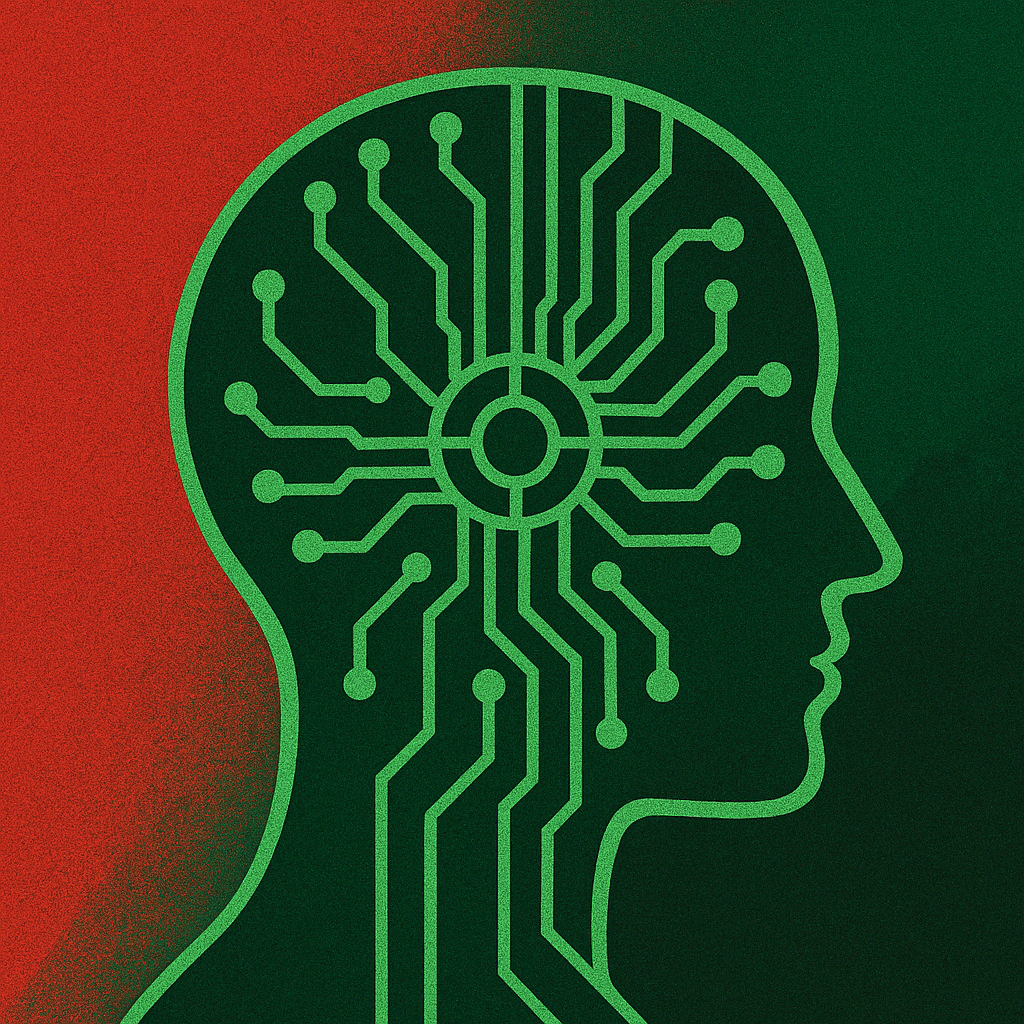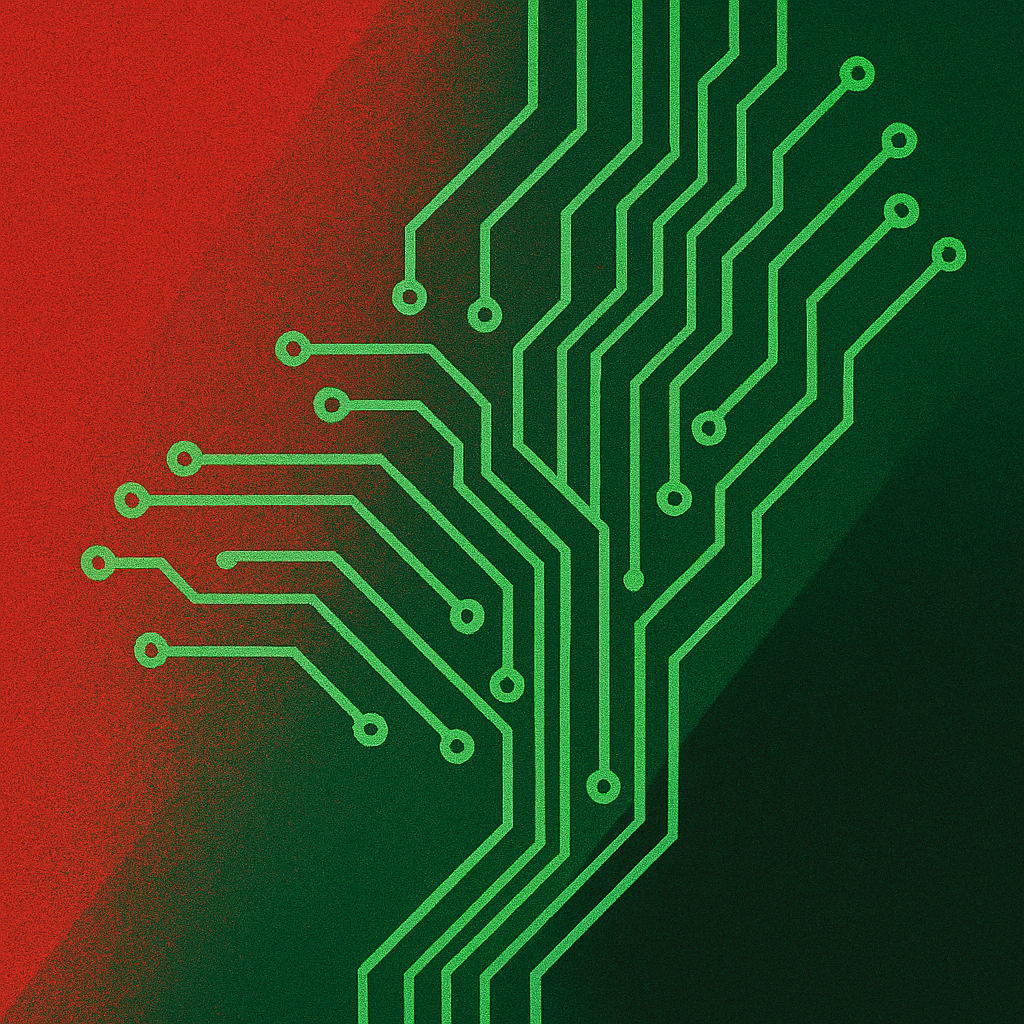


This once-industrial powerhouse has steadily diversified its economy, invested in future-facing industries, and welcomed waves of global talent. Today, Houston is one of the most dynamic cities in the United States — where energy systems, advanced computing, and healthcare innovation converge in ways few other places can match.
At the US–Bangladesh Unity Initiative (UBUI), our work spans continents — from capital corridors in Washington and Dhaka to innovation zones across the Indo-Pacific.
But when it came time to choose our strategic base in the U.S., we chose Houston. Not because it’s trendy — but because it reflects what the future looks like when industry, diversity, and global vision come together.
What This Means:
Houston isn’t just talking about AI — it’s building the infrastructure that powers it.
With port access, industrial land, and deep engineering expertise, Houston is fast becoming a strategic pillar of the U.S. digital economy.
“AI infrastructure is projected to consume 4.5% of U.S. electricity by 2030.”
— Source: IEA, McKinsey“Energy demand is only going to rise significantly over the next decade, especially in AI and because of data center needs.”
— Dr. Debalina Sengupta, University of Houston
UBUI’s Role:
As AI infrastructure expands globally, so do the demands on energy systems, talent pipelines, and sustainability planning. We see our role not just as a connector — but as a translator of growth into resilience.

What This Means:
Houston remains central to global energy security and transition planning.
It’s where fossil fuels meet the future — through CCS, hydrogen, LNG, and cross-border energy diplomacy.
“As a Bangladeshi professional working in Houston’s energy sector, I see firsthand how American innovation can empower sustainable growth back home.”
— Zahra Bakhtiar Khalid, Energy Analyst

UBUI’s Role:
We are connecting Houston-based energy innovators with Bangladeshi institutions through:
What This Means:
Houston is funding technologies that solve real-world problems. And capital is increasingly backing solutions that can scale across borders.

UBUI’s Outlook:
This convergence allows us to:
Ecosystem Access: Houston’s AI and energy sectors are critical to the global economy, offering UBUI direct access to innovation and industry leaders.
Diversity: As one of the most multicultural cities in the U.S., Houston’s diverse talent pool fosters global perspectives and solutions.
Capital and Scale: The city’s robust investment landscape and infrastructure allow UBUI to design pilots and partnerships that can scale globally.
Global Connectivity: Houston’s international business ties and export strength make it an ideal launchpad for initiatives with worldwide impact.
At UBUI, we don’t believe progress is accidental. It’s built — intentionally. That’s why we chose Houston.
Because the challenges being tackled here — energy reliability, technological readiness, and human-centered innovation — are the same challenges faced by fast-growing economies across the Global South.
We’re proud to call Houston home. Not because it defines us — but because it equips us to help shape what comes next.
With AI chips in one hand and clean energy blueprints in the other — we’re ready 🤖🚀
UBUI welcomes collaboration with institutions, innovators, and investors advancing shared prosperity across the U.S. and Bangladesh. Reach out to explore partnership opportunities.
Contributor: UBUI Board Members